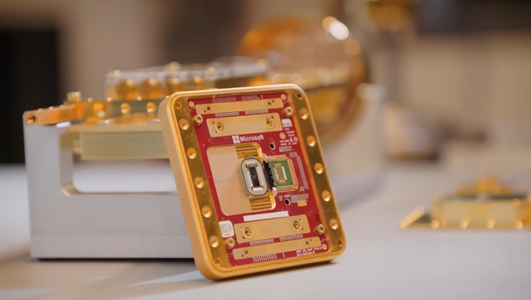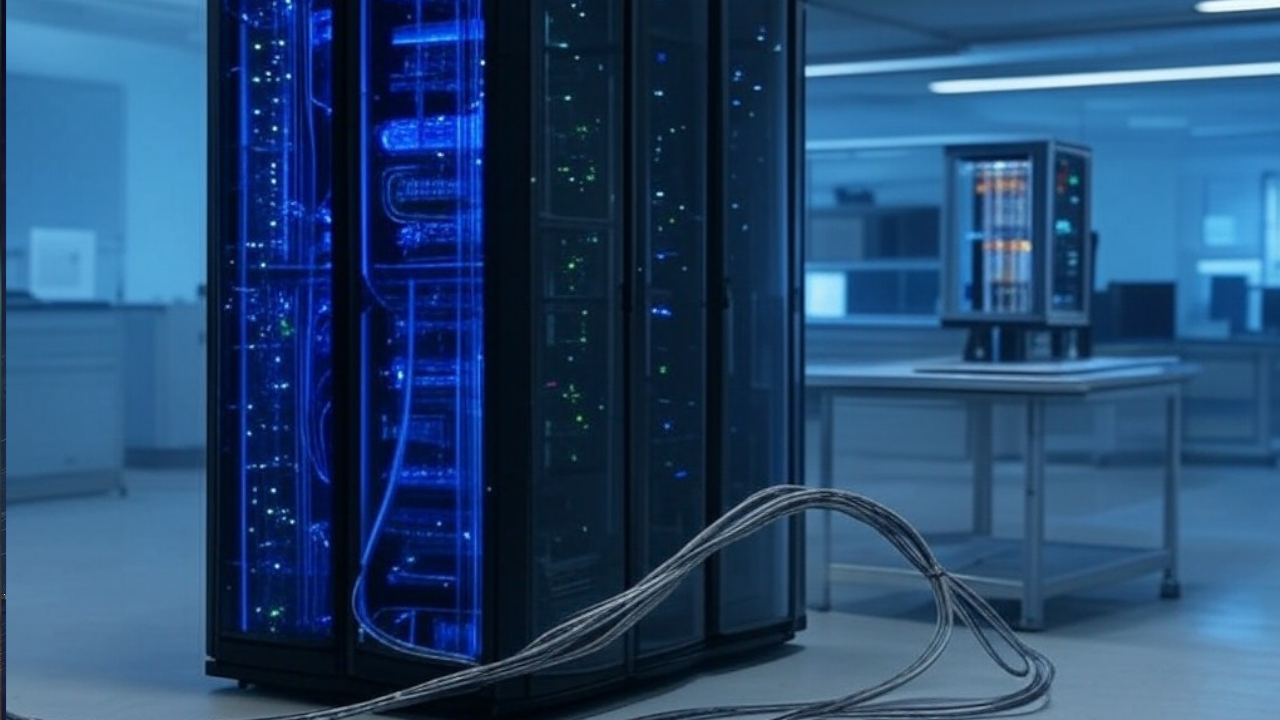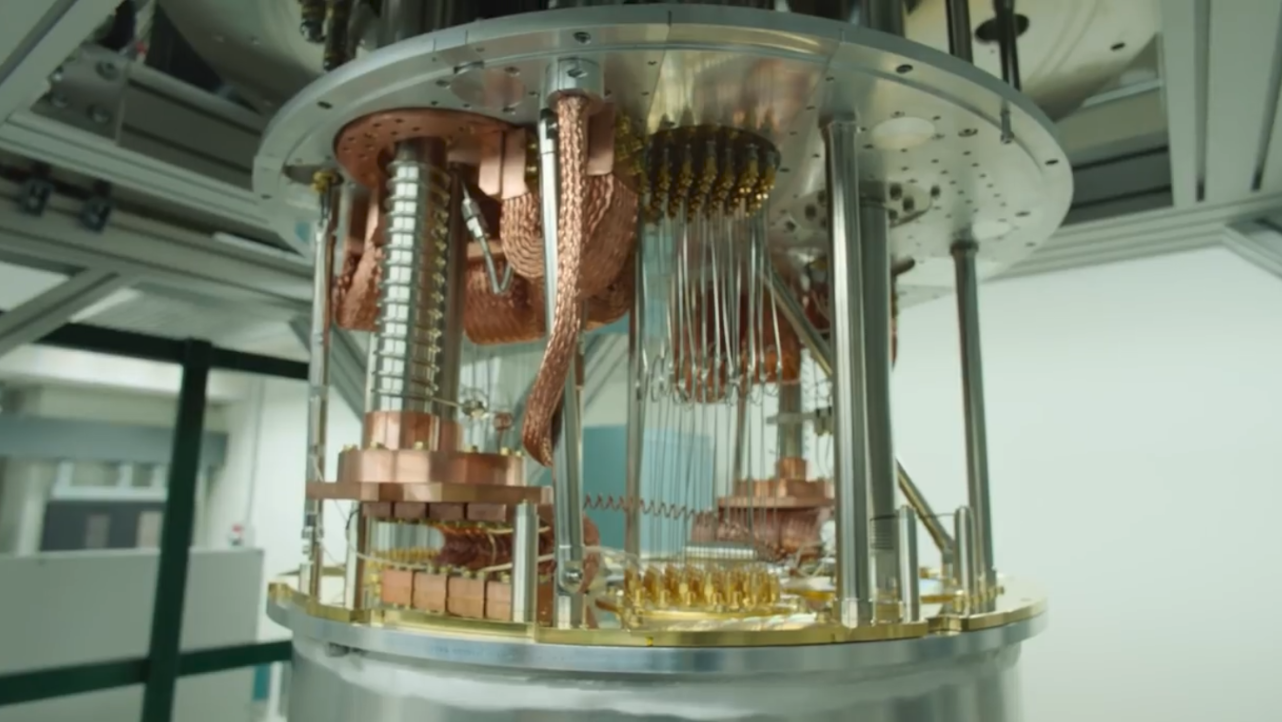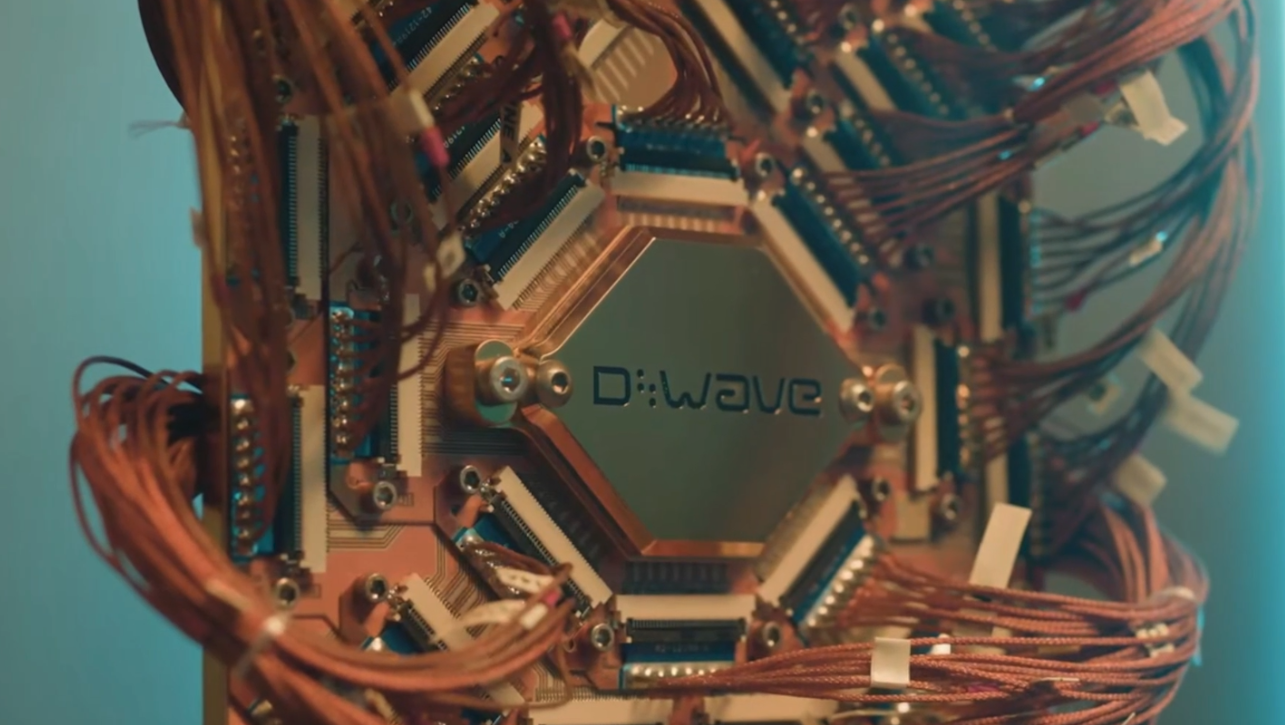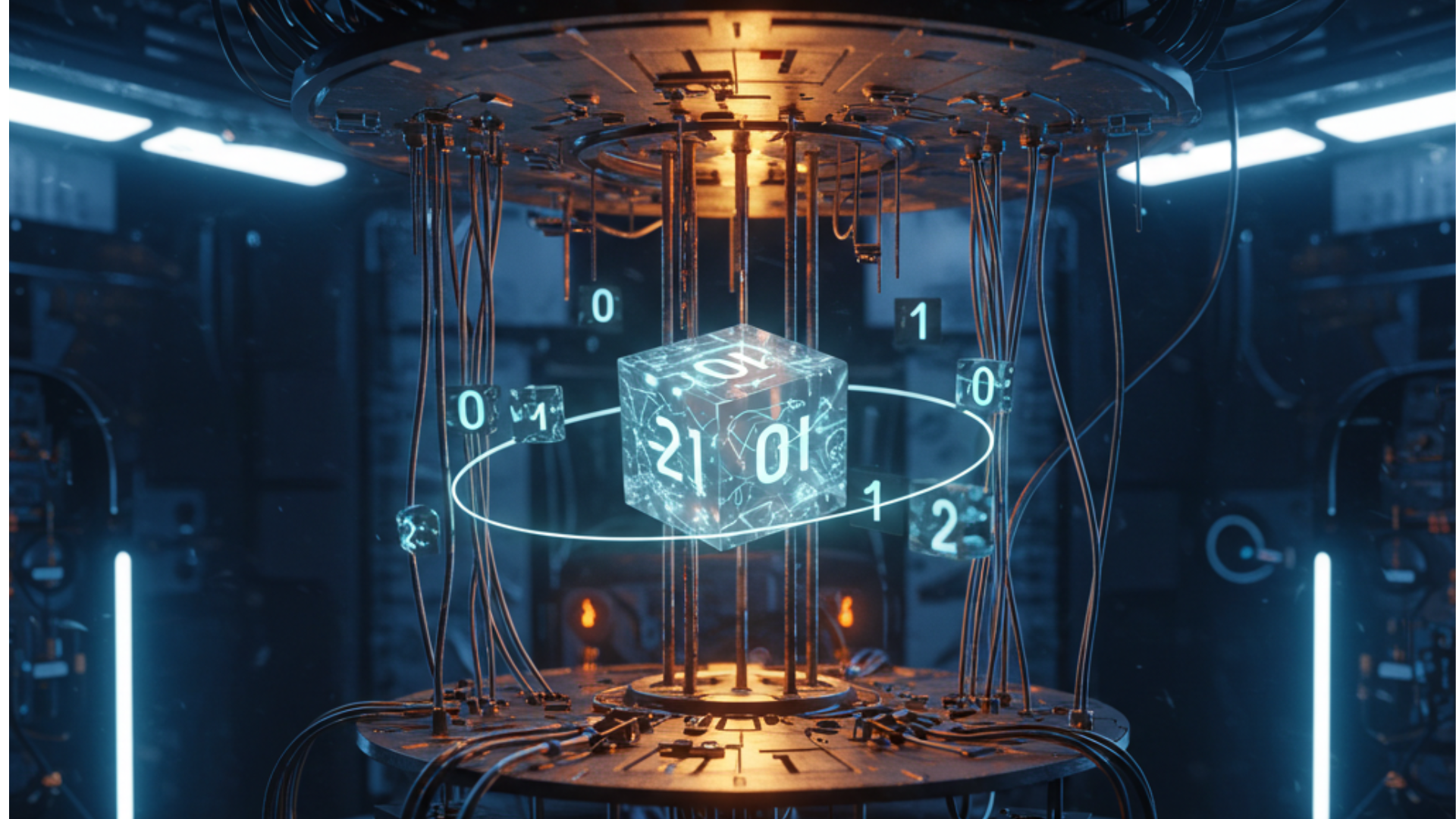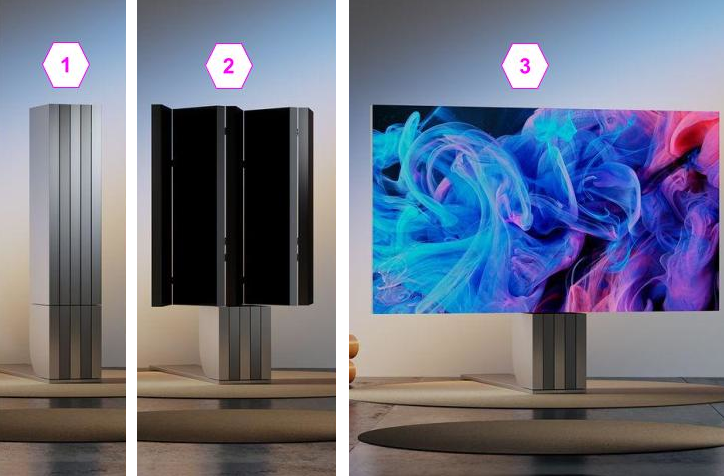Microsoft has announced its quantum chip Majorana 1, which relies on topological qubits, a new and innovative type that is more stable and less prone to errors compared to traditional qubits.
This unique chip utilizes topological qubits made from pioneering nanomaterials, which make them less prone to errors and more stable than traditional qubits. This design facilitates control and reduces the space required for each qubit, allowing for the first time the possibility of fitting millions of qubits on a chip no larger than the palm of a hand.
Microsoft has been working on the “Majorana 1” chip for nearly two decades. Its architecture is based on a subatomic particle called the “Majorana fermion,” whose existence was first theorized in the 1930s. This particle possesses properties that make it less susceptible to the errors that affect traditional qubits, but it has been challenging for physicists to find and control it.
These topological qubits are manufactured using nanowires made from superconducting and semiconducting materials, specifically indium arsenide and aluminum. These nanowires are cooled to near absolute zero temperatures to achieve a superconducting state. When a magnetic field is applied, it induces a topological superconducting state that supports the formation of Majorana zero modes (MZMs) at the ends of the nanowires. These Majorana zero modes are the fundamental building blocks of topological qubits where information is stored.
This chip paves the way for a revolution in quantum computing. Quantum computers require millions of qubits to be practical, and achieving a quantum processor with a thousand qubits was considered a significant engineering feat. With this new chip, we can expect to reach quantum computers with millions of qubits in just a few years.
Although Microsoft is currently testing “Majorana 1” chips that do not contain more than 8 topological qubits, the architecture and materials used provide a clear path to achieving a chip with millions of qubits.
